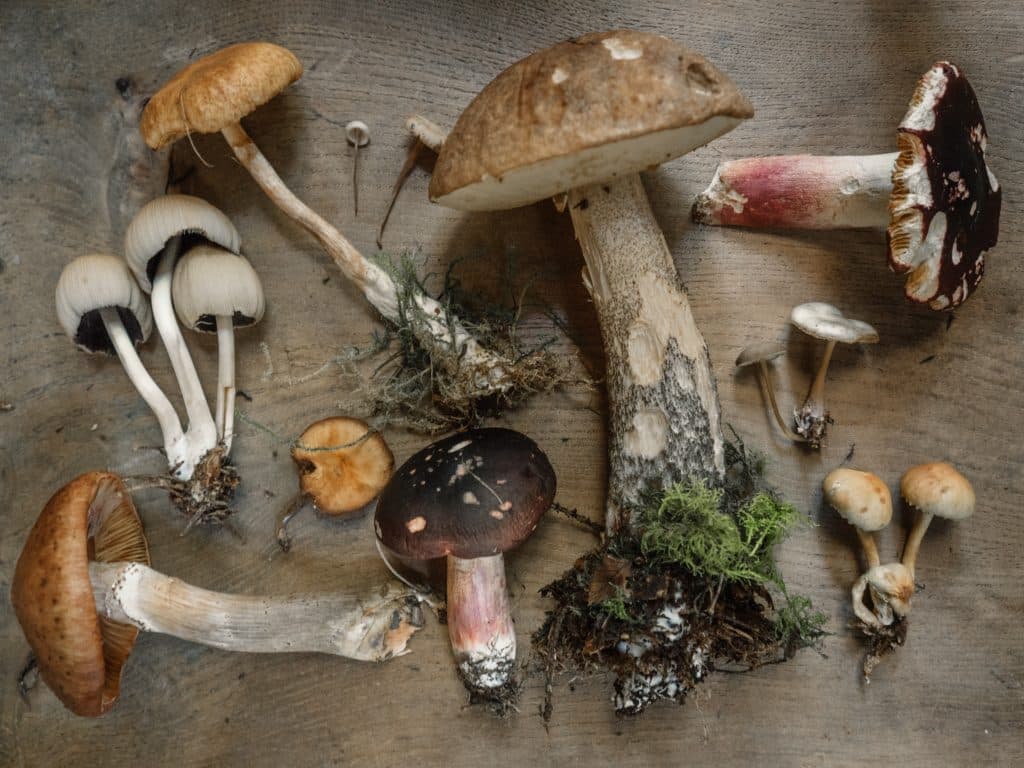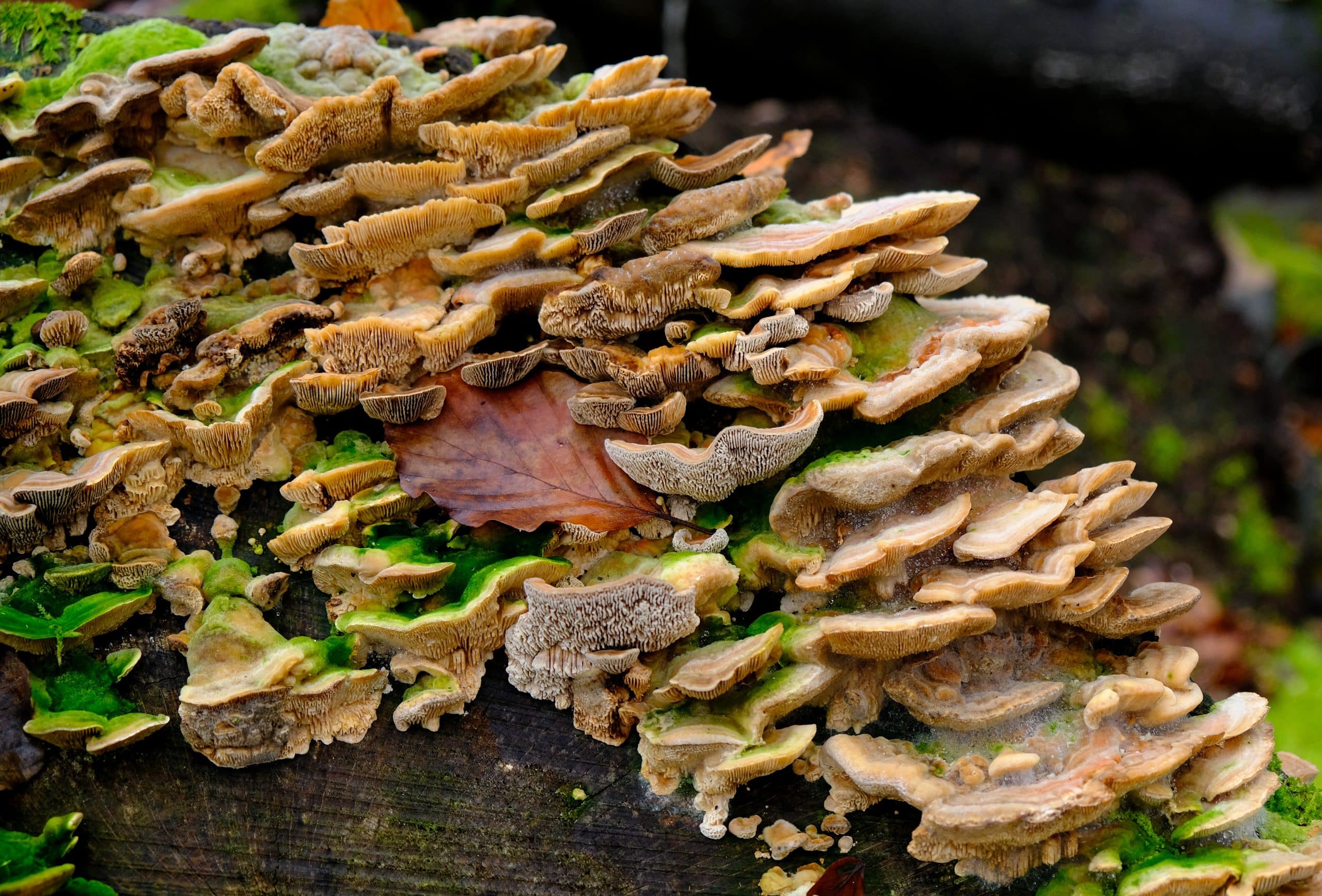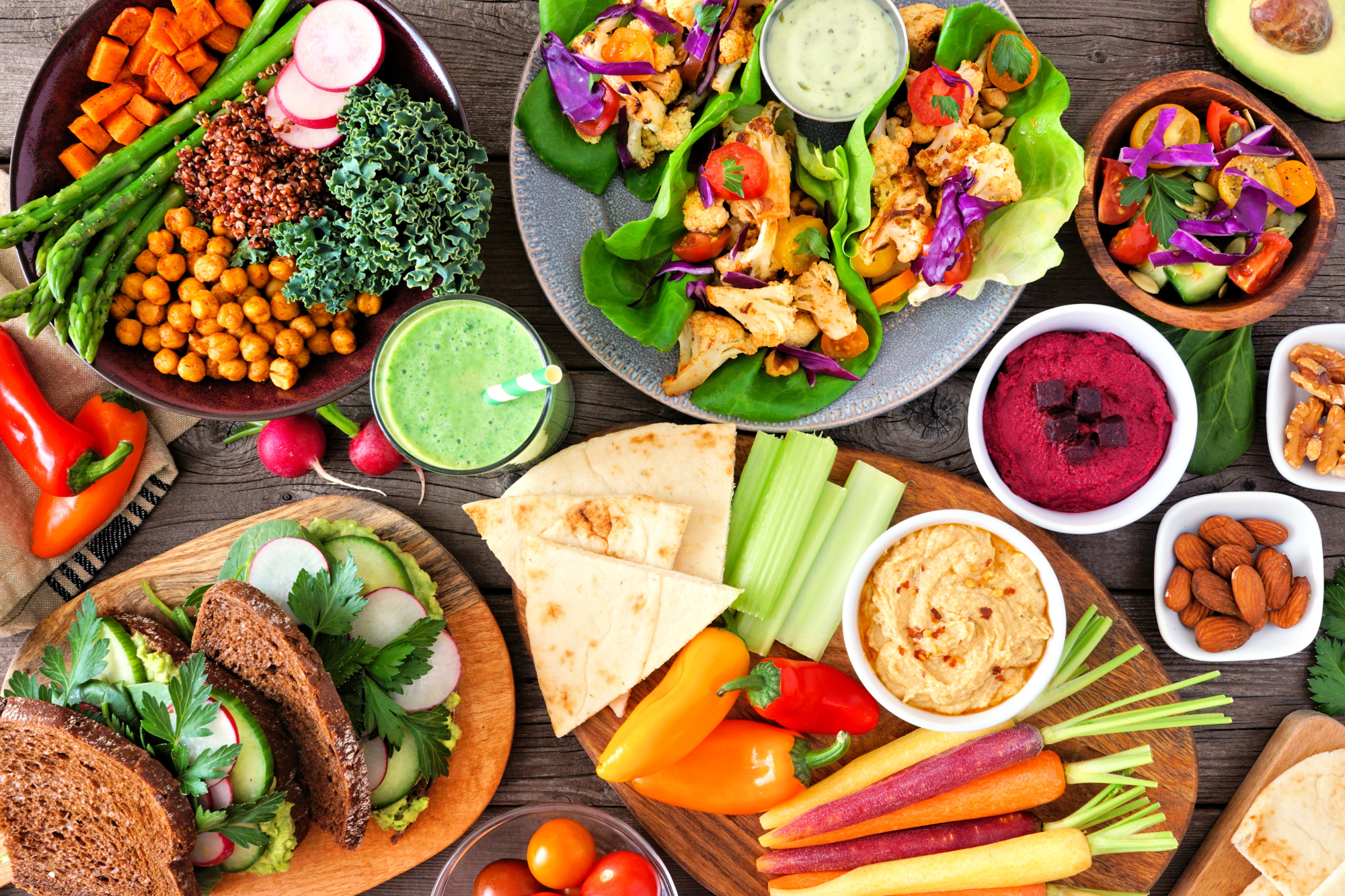Quorn’s first Summit sets the stage for a more sustainable and healthier world
By Gemma Tadman, Content Creator and Writer, ProVeg International
On May 30th, I attended the first-ever Mycoprotein Summit, an exclusive gathering of changemakers to explore the role of fungi protein in a healthier and more sustainable food future.
Hosted by the ultimate fungi expert, Quorn Foods, at London’s Royal Botanic Gardens, Kew, the inaugural Mycoprotein Summit shared research presentations and panel discussions from pioneering thinkers, leading academics, and industry experts, spotlighting fungi-based protein.
With the British weather on our side, Kew Gardens’ Cambridge House was the ideal venue for an event based on a wonder of nature. The gardens were blooming with an array of flora, so much so, that you might have been forgiven for getting lost pre-registration!
The day was packed with seven sessions of presentations and panel discussions – and each seating provided me with much food for thought.
If you were unable to attend the Mycoprotein Summit yourself, here are my key takeaways.
Top three learnings from Quorn’s Mycoprotein Summit
1. Collaboration is vital to developing the alt-protein category

The Mycoprotein Summit was opened by Quorn Foods’ enthusiastic CEO, Marco Bertacca, who began by explaining that the future of the alt-protein sector depends on how we all act now.
“The past is past,” Bertacca said, “it’s just there in the background. But what are we going to do now? What happens to the category? At Quorn, we have a key responsibility as to where it’s going.”
And where exactly is Quorn headed, you wonder? The passionate CEO uncovered that Quorn has begun to: “open up our house,” unlatching all corners of their factories having recently invited two US start-ups to see what Quorn is doing.
“Quorn by itself cannot change our current environment and category. The only way to do it is together. Only by sharing what is happening – our experiences – and by teaming up, can we influence the thing that’s relevant: the future of nutrition in the world. We will continue to do it until it’s changed.”
Indeed, brave collaborations are vital in our industry, still in its infancy. How else can we expect to transform the food system toward more plant-forward practices? Especially when the conventional meat and dairy industries continue to leverage their centuries-old operations with established supply chains, collaboration and partnership networks, infrastructure, and public and government support.
So, is multisectoral cooperation across the alt-protein sector too big of an ask? The next few years will tell, but considering the number and variety of alt-protein professionals who attended the Summit, I certainly don’t think so.
2. Out of potentially millions of unknown species of fungi, only 350 are used for food

A figure from the day that most stood out to me, was one that Dr Ester Gaya, Senior Research Leader at Kew Gardens gave about the number of unknown species of fungi: “There are an estimated 2.5 million unknown fungi species,” she said. “So more than 90% of all fungi species are unknown.”
Dr Gaya went on to explain that at present around 350 species of fungi are consumed as foods – out of potentially millions of unknown species! Just think of the possibilities.
This means that there could be millions of strains of fungi that could be used to provide solutions for sustainable and nutritious food sources – like the one Quorn uses (fusarium venenatum).
Currently, Dr Gaya and her team work at Kew to try to understand fungi behaviour – genes and proteins, traits and applications – to produce baseline data that could be exploitable in the future, as well as halt biodiversity loss and develop methods that allow them to upscale and discover new strains of fungi.
“Can we find other species for food? And Quorn? Discovering new potential species for fermentation – as well as for other applications, like fungal enzymes and drugs – is vital. Baseline biodiversity is essential to move forward in the industry.”
The potential for food from fungi certainly offers hope for the future of food, but it will be dependent on cutting-edge research and work from top scientists, like Dr Gaya, innovative alt-protein companies, and significant investment into the industry. It will also be dependent on urgent matters like climate change, which, as Professor Alexandre Antonelli, Director of Science at Kew Gardens explained, heavily threatens fungi.
3. Mycoprotein is a proven ‘high-quality’ protein that can sustain muscle growth

Long continues the discourse regarding meatless diets and protein – ‘But where do you get your protein from?’ is a question that veggie, vegan, and reducetarian consumers alike will be familiar with. It’s also a nutritional concern that puts off some consumers from making a plant-based purchase.
But research is underway that shows that Mycoprotein can hold its own compared to animal-based proteins.
During a panel discussion, Dr Tim Finnigan, Visiting Professor at Northumbria University, talked to early career scientists about their research projects with Mycoprotein. The majority of the studies were based on understanding Quorn’s effects on the body and ultimately, on health.
Myself and the audience were presented with the findings from a recent study, which compared the effects of a healthy omnivorous diet containing ‘high-quality’ animal protein with a healthy plant-based diet based on Mycoprotein. The test subjects carried out a 10-week resistance training programme throughout.
Alistair Monteyne, a scientist working on the study, concluded that: “The results showed that Mycoprotein is a ‘high-quality’ protein source that can support muscle growth, in fact, it’s better – it stimulated better growth than the omnivorous protein-containing diet.”

Monteyne wasn’t the only scientist to discover that Quorn is beneficial for health. Dr Finnigan went on to chat with Benjamin Wall, whose research on micronutrients uncovered that people on a Mycoprotein-high diet are not deficient in anything.
“During the diet study with high-intensity training,” Wall said, “micronutrient status was not affected. We found that a high-Mycoprotein diet during high-intensity training doesn’t lead to deficiencies in certain vitamins and nutrients.”
Hearing this, Dr Finnigan asked, “Should we redefine the definition of protein quality?”
“We still need to look at how other nutrients interact with Mycoprotein,” replied Wall. “Defining protein quality with respect to muscle health… it’s too early to draw conclusions, but it looks like plant/fungi protein may be better than animal-based protein.”
“Mycoprotein is the most studied vegan protein there is – it ticks all boxes of being a ‘high-quality’ protein source, so we can now use Mycoprotein as the new reference source; we know it works. We no longer need to use animal-based meat or milk protein as the pedestal.”
If studies like these can be repeated to find similar results, then it bodes well for the industry as a whole. Science-endorsed, health-boosting products will lead to more trusting, healthier consumers who are more likely to purchase plant-based!
Conclusion

I hope that my learnings have given you insight into the Mycoprotein Summit, along with some thoughts to chew on.
Above all, the Summit was an eye-opener into the world of possibilities of fungi, and it truly gave me hope for the future of the alt-protein industry and for the world’s food system.
Summary of points and recommendations
- Collaboration is vital to developing the alt-protein category: Don’t be shy about collaborating across the industry and sharing your knowledge and experiences. It will be vital in expanding and strengthening the industry, building up capacity, meeting demand, and ultimately, shaping the future of food.
- Out of potentially millions of unknown species of fungi, only 350 are used for food: Fungi offer immeasurable possibilities for food. If you’re in the business of alt-protein product research and development, invest time and money into the category.
- Mycoprotein is a ‘high-quality’ protein that can sustain muscle growth: Alleviate consumer concerns about protein deficiency with proven, scientific knowledge.
Did you attend the Mycoprotein Summit? If so, I’d love to hear your own learnings, thoughts, and favourite insights from the event. Please share them in the comments section below, and with ProVeg on our LinkedIn.



